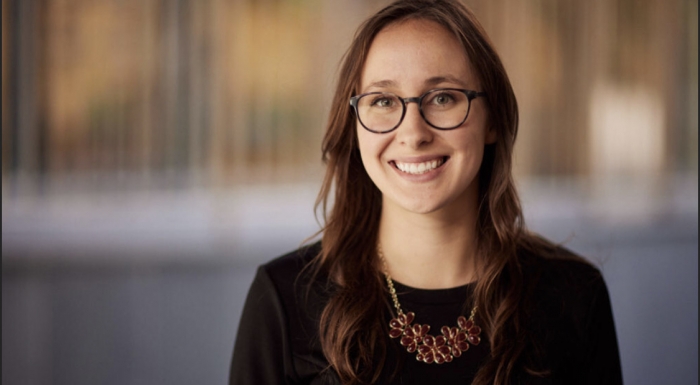While widespread use of social media among the public has enabled greater connectivity with friends, families, celebrities, politicians, and influencers, it has also meant people can make abusive comments about others with little fear of meaningful consequences.
So, while trolling has been around pretty much since the internet began, and there’s widespread acceptance from all parties that it is a problem, it is far from being eliminated. Trolling has evolved from its early days of a person posting harmful comments online and waiting for a response to instead being more deliberate in the actions taken to cause disruption.
Both Avast Foundation and I have the goal of making the internet a safer place for all, and we are starting this work by looking at who is making the internet an unsafe place – such as trolls. In the first stage of this work, Avast Foundation undertook an extensive survey of internet users in the UK and US to learn more about why people choose to post harmful and abusive content. This survey was designed to gain information about the motivations behind trolling behaviour and you can find out more in an interview I did for them recently. In summary, the results provide a fresh look at why people are harmful online, such as people: seeing other online users as “fair game” to troll, posting harmful comments when they are angry, and “jumping on the bandwagon” to join others who are already posting harmful comments online.
Survey data depend on the honesty of those participants, and sometimes participants do not want to be honest about the kind of negative online behaviour they partake in. Plus, trolls are trolls so they might even ‘troll’ surveys. My research complements other kinds of data that Avast Foundation is collecting. I use data science to identify trolls and trolling behaviour by tracking the harms that are being done online.
The next stage is to work with the Foundation to look at the problem outside the Western context and see if what we have learned in the UK and US can be beneficial to global understanding of trolling. This will involve supporting another DPhil student with an interest in this area, and that student will be fully funded by the Avast Foundation.
Funding from Avast Foundation makes it possible to dedicate time to conducting high quality research on internet harms. Plus, working with Avast Foundations extended network allows me to work alongside others dedicated to making a safer internet. Ultimately the Foundation and I both want the online world to be a safer place, and together we can do this by designing interventions, influencing regulatory policy, and of course making people aware of the problem. That’s why it’s great to be able to work together in this way and combine my research with their expertise and networks.




